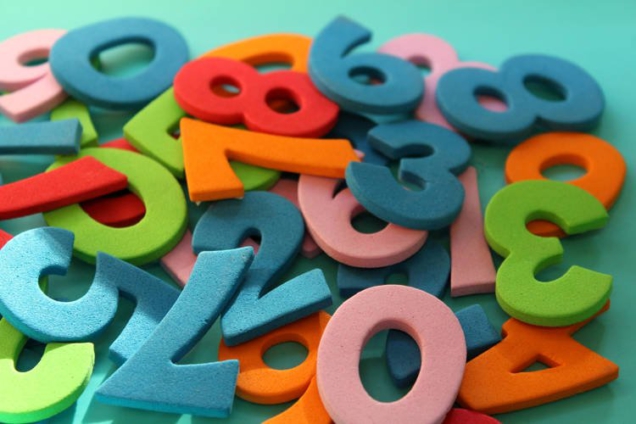
Audio By Carbonatix
Scientists at Johns Hopkins University recently reported the strange case of a man whose rare degenerative brain disease left him unable to distinguish basic numbers from 2 to 9.
After studying an engineering geologist diagnosed with a rare degenerative brain disease called corticobasal syndrome for eight years, researchers published a study which they claim suggests that a brain response to a picture or a word does not necessarily mean that person is aware of it.
The protagonist of their research had suffered neurological damage to such an extent that he could not distinguish or reproduce numbers between 2 and 9, nor pictures or words with such digits embedded in them. And yet, electroencephalography (EEG) results showed that his brain was able to properly identify all pictures and words, even id he wasn’t aware of it.
“When he looks at a digit, his brain has to ‘see’ that it is a digit before he can not see it – it’s a real paradox,” Johns Hopkins University cognitive scientist Michael McCloskey said.
“In this paper what we did was to try to investigate what processing went on outside his awareness.”
Stranger still was the fact that the patient, referred to only as RFS, could still understand letters, symbols and even the digits 1 and 0. Anything between 2 and 9, though, was a total blur, as evidenced by the results of his attempts to reproduce numbers like 8. He himself described what he was seeing as “spaghetti”.
Most people suffering from corticobasal syndrome experience symptoms like memory issues, muscle spasms, and difficulty walking, but RFS also exhibited an inability to perceive, identify and reproduce most Arabic numbers. Interestingly, over the eight years they studied the man, scientists were able to devise a surrogate number system that RFS was able to use to continue working until his retirement. It was meant on the figure ‘1’ and various letters.
In one experiment, the team tried putting an image or a word inside a large number or a group of numbers, and RFS simply could not identify them, even though he was perfectly able to when numbers were out of the picture. What was really shocking was that EEG results showed that while he wasn’t aware of what was behind the digits, his brain certainly could.
“He was completely unaware that a word was there, yet his brain was not only detecting the presence of a word, but identifying which particular word it was, such as ‘tuba’, Harvard University cognitive scientist Teresa Schubert said.
“His brain detected the faces in the digits without his having any awareness of them,” said VA Boston Healthcare’s David Rothlein added. “These results show that RFS’s brain is performing complex processing in the absence of awareness.”
Latest Stories
-
OpenAI changes deal with US military after backlash
35 minutes -
Mexican drug lord ‘El Mencho’ buried in golden coffin
45 minutes -
Building gold reserves, losing hospitals? – Finance professor flags 1% GDP cost
60 minutes -
Trump ‘does not care’ if Iran play at World Cup
4 hours -
Burna Boy’s associate, Rahman Jago confirms singer converted to Islam
4 hours -
Amazon says drones damaged three facilities in UAE and Bahrain
5 hours -
NDC’s Baba Jamal wins Ayawaso East by-election
5 hours -
Integrity over individuals: Economic Fighters League maintains vote-buying stance in Ayawaso East
5 hours -
How to follow European football
5 hours -
A new dawn: Formula One charges into an unpredictable 2026
5 hours -
Trump threatens to halt trade with Spain over military base access
6 hours -
Trump says US Navy will protect ships in Middle East ‘if necessary’
6 hours -
Ghana shines in GSMA DNSI and DPRI 2025 report due to E-Levy repeal and tech neutrality
7 hours -
NJA College of Education inducts 379 students amidst infrastructure gains and calls for professional discipline
7 hours -
GJA President, executives join Sammy Gyamfi to observe One-Week memorial of father-in-law
7 hours

